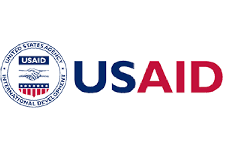Research activities are oriented around the adoption of ultra-low pressure drip irrigation systems that cut pumping energy by 50% in the MENA region. ICARDA staff will oversee installation of the drip systems and data acquisition instrumentation on farms in Morocco and Jordan where pilot tests will be held. ICARDA will also provide training on the use and maintenance of the equipment to participating farmers and regularly meet with them to collect qualitative data about the drip technology. These frequent visits will enable staff to spot any problems before they are detected by the data recorders and enable them to address issues with the drip systems on site as appropriate.
Following pilot tests, ICARDA will conduct a comprehensive survey with each farmer to understand their experience with the technology, their views on its efficacy, and identify user-centered factors. The intention is to convert hundreds of hectares to drip irrigation for improved natural resource management and agricultural productivity which, in turn, will enhance the food security situation with positive consequences in the reduction of land abandonment and migration from rural areas to the cities.
UPDATES
In 2020, successful ULE drip irrigation trials on olive and citrus trees and fruits and vegetables were completed. In the same year, a public-private research partnership with Jain Irrigation Systems Limited led to the successful testing of ULE drippers (ULED) for irrigating date palm plantations in six Gulf Cooperation Council countries.
In 2021, within the framework of the Arabian Peninsula Regional Program, ICARDA distributed 10,000 ULED to six APRP member countries to foster desert farming. Also in 2021, during the 5th African Regional Conference, ICARDA hosted the first African Young Professional Workshop where they, with project partners, presented the challenges of drylands water scarcity and how to address them. A key activity was a field visit to project site on the outskirts of Marrakech in Morocco, which was attended by 70 young professionals from 30 different countries. The workshop showcased the multi-season field tests of ULE drip irrigation emitters.
During 2021 and 2022, ULED have been compared to conventional irrigation systems such as the ‘bubbler’ in UAE, Kuwait and Qatar, with the technology proving highly efficient in water use with minimal energy consumption.

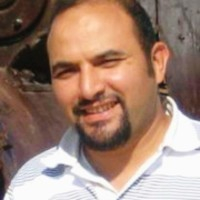
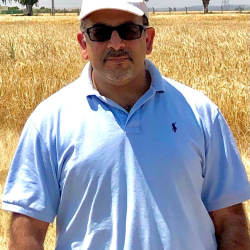

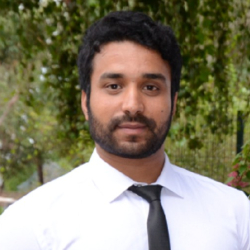

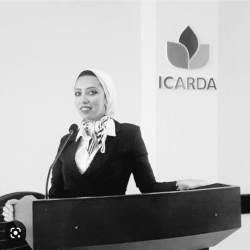
.jpg)


